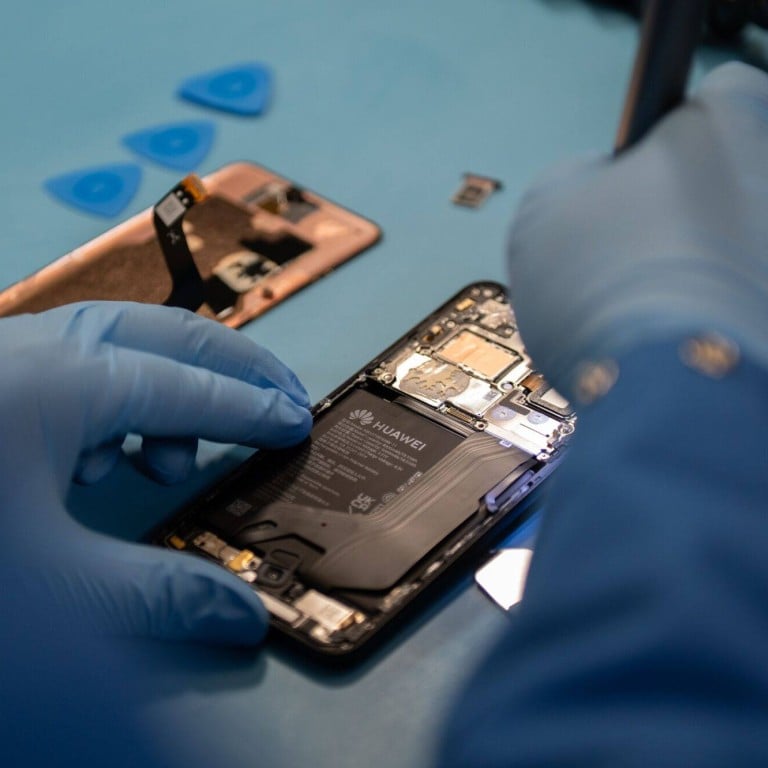
Huawei success a sign the US should rethink its containment policy
- The Chinese tech giant’s low-key launch of its new ‘breakthrough’ smartphone has caused consternation in the United States over the apparent failure of its technology policy towards China. And Washington’s efforts to try to contain the nation’s tech rise only raise costs for everyone
Neither the markets nor consumers are easily surprised any longer by tech developments. Huawei’s deceptively low-key launch of its new “breakthrough” smartphone has turned out to be an exception, sparking patriotic jubilation on the mainland about a victory over American efforts to block China’s rise. At the same time it has caused consternation in the United States over the apparent failure of a tech containment policy towards China, which has been progressively tightened under the Biden administration.
Analysts and market observers believed that even if the US could not head off China’s tech rise in the long run, its policies would significantly slow it down – that it would take Huawei, for example, longer to reach the stage it now has. Most people are taken aback by its progress. The question for Western technology experts – and US security officials – is how Huawei developed the advanced semiconductors that drive its Mate 60 Pro. The device is powered by the new Kirin 9000s chip whose processor runs on the 7 nanometre technology, the kind of advanced chip the US seeks to deny China.
Huawei surprises again with low-key presales of new top-of-the-line Mate 60 Pro+
Sales of the new phone may be largely confined to the mainland and China may remain five years behind but, in simple terms, it is within one technology generation of the West. Beijing has spared no expense to build a domestic semiconductor industry, including billions in reported subsidies for Huawei to develop a network of fabrication plants. The aim is to boost the domestic supply of high-end products such as 5G smartphones, according to a plan released by the Ministry of Industry and Information Technology and the Ministry of Finance last month.
Huawei’s apparent breakthrough is in some senses symbolic. It is just one battle in a long war in which it will remain the weaker player. This is nonetheless a morale booster for China, a reminder of resilience and huge potential. That said, it still makes more sense, whenever the situation allows, for China to seek cooperation rather than fall back on total self reliance. Economically that does not make sense for any country.
That is not to discount China’s achievement. It is a reminder, as many have said, that US containment policy may backfire. A major concern is possible fragmentation of the global tech development and supply chain, creating problems such as oversupply and incompatibility, or so-called Balkanisation of the tech sector.
Technological development is going to be extremely expensive. Division of effort can help bring down costs and speed development. If Washington cites security concerns, unsupported by evidence, for trying to contain China’s tech rise it can only raise costs for everyone. In the light of Huawei’s new smartphone launch the US should come to terms with the need to revise its policy for everyone’s sake.

